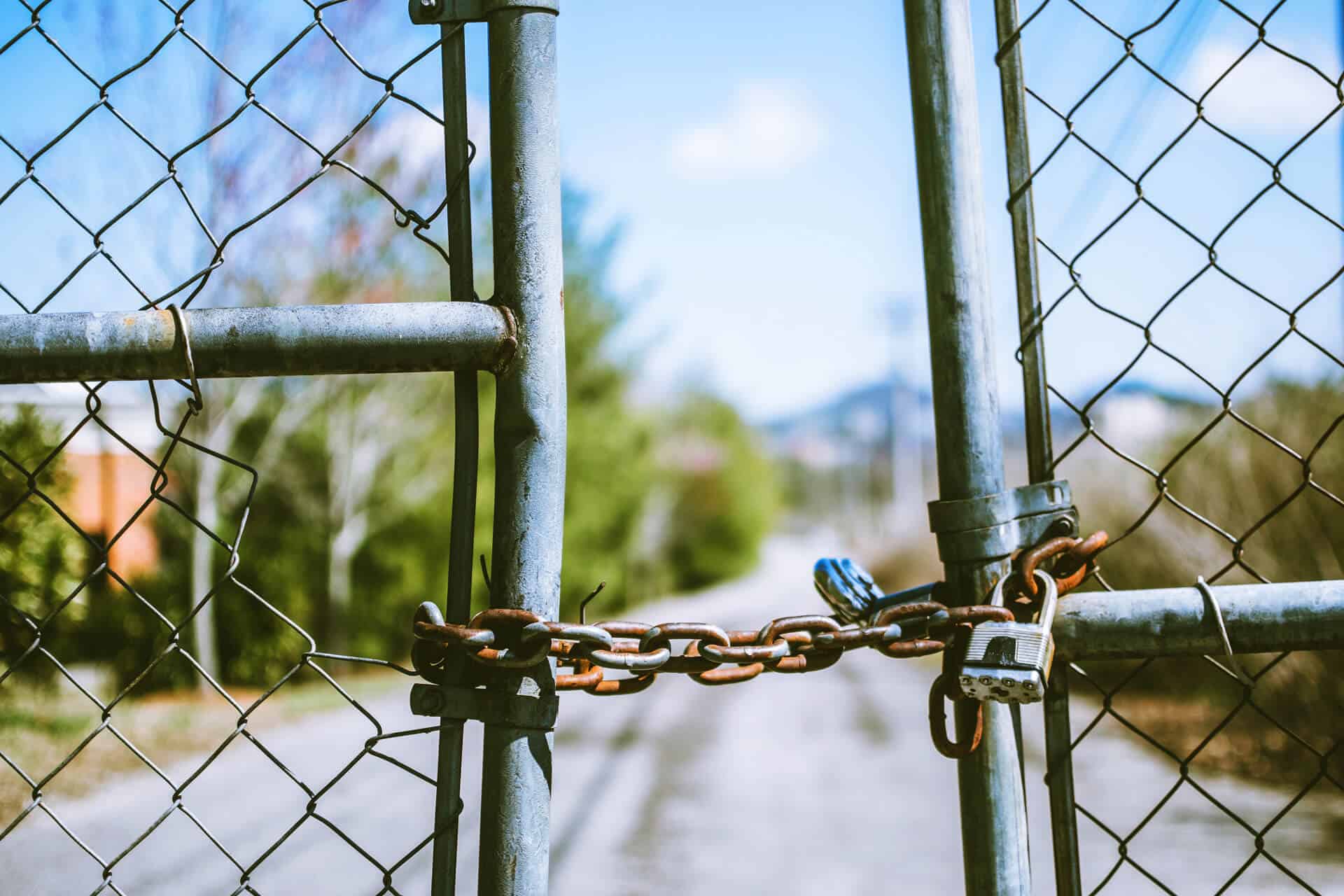No standstill period for prior collaboration based on the same formula
On December 29, 2023, ECLI:NL:RBDHA:2023:20931, the District Court of The Hague made a decision in summary proceedings in a dispute in which the standstill period prior to the franchise agreement (Article 7:914 of the Dutch Civil Code) was central.
The franchisee has argued that he cannot be held to the post-contractual non-compete clause in the franchise agreement, because he has annulled or dissolved the franchise agreement extrajudicially. The franchisee states that the standstill period was not observed. During a period of at least 4 weeks prior to the conclusion of the franchise agreement, the franchisor may no longer make any changes to the franchise agreement (unless these are to the advantage of the franchisee).
The franchisee acknowledges that he had already received the franchise agreement concluded in August 2022 in June 2022, but he states that all kinds of changes were made afterwards. The franchisor has categorically disputed this. In this case, it was up to the franchisee to further substantiate his position according to the preliminary relief judge. However, the franchisee failed to do so, so that the correctness of that statement cannot be assumed, according to the preliminary relief judge.
The preliminary relief judge also noted that the parties had been working together on the basis of the same formula for some time prior to the conclusion of the franchise agreement (from November 2021). The franchisee has not stated, let alone substantiated, that the final franchise agreement deviated on material points. The preliminary relief judge therefore assumes that, insofar as there have been changes, they were not far-reaching changes. In view of this, the preliminary relief judge does not consider it plausible that the franchisee was unable to make a well-considered decision. That is the purpose of this standstill period, which is intended to enable the intended franchisee to consider what is being offered to him.
In this ruling, the preliminary relief judge appears to apply the standstill period regulation liberally. However, Article 7:913(3)(a) of the Dutch Civil Code expressly states that the standstill period does not apply to “the conclusion of a subsequent franchise agreement between the same parties regarding the same franchise formula”. Apparently, in the preliminary relief judge’s opinion, there was such prior cooperation.
Ludwig & Van Dam lawyers, franchise legal advice.
Do you want to respond? Then email to dolphijn@ludwigvandam.nl

Other messages
Franchisor liable for forecasts from third parties – dated March 6, 2019 – mr. M. Munnik
According to settled case law, a franchisor acts unlawfully towards its franchisee when a franchisor independently conducts research in a careless manner and as a result...
The (hard) franchise agreement and duty of care qualified – WPNR 7226 (2019)
The government intends to include a legal regulation on franchising in the Civil Code to protect the weak position of the franchisee.
The municipality must allow temporary Albert Heijn
On 7 February 2019, the District Court of Noord-Holland ruled on whether the municipality should allow a temporary Albert Heijn
Franchisors may no longer impose changes to store hours – February 12, 2019 – mr. AW Dolphin
At the end of 2018, a draft of the “Freedom of Choice for Retailers (Opening Hours) Act” was presented.
When does a franchisor go too far when recruiting franchisees?
The judgment of the Court of Appeal of Arnhem-Leeuwarden on 5 February 2019 dealt with whether the franchisor had acted impermissibly when recruiting the franchisees.
Advisory Board on Regulatory Pressure (ATR) advises State Secretary Keijzer about the Franchise Act
In short, it is first advised to actively inform franchisors and franchisees about this amendment to the law.







